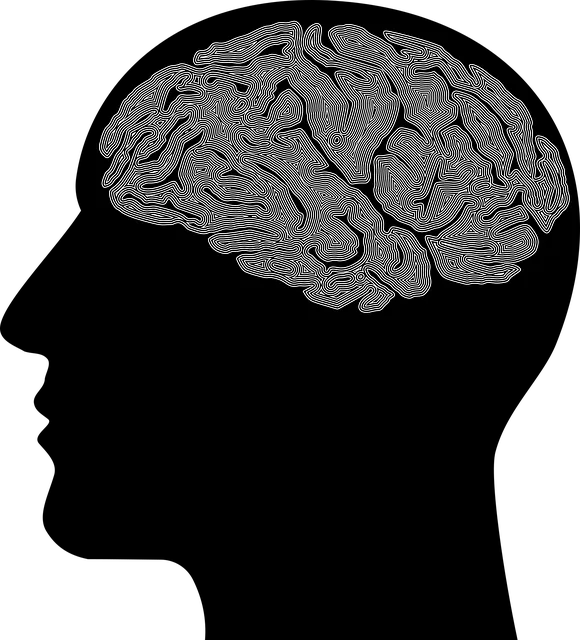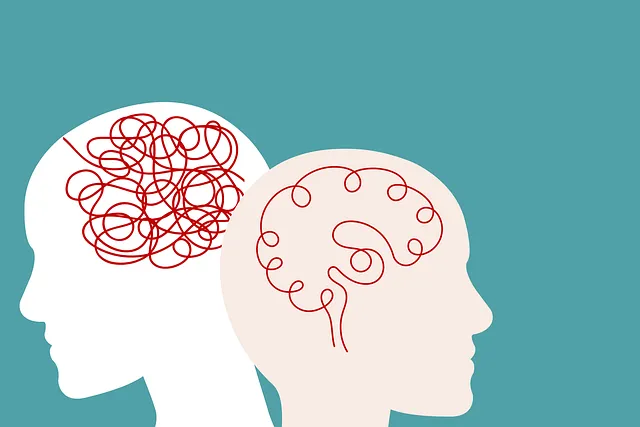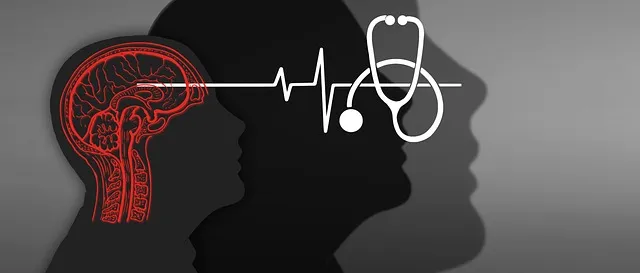The Greenwood Village Kaiser Permanente mental health access center prioritizes community well-being through comprehensive data-driven mental health care. By collecting, analyzing, and interpreting diverse data points like demographics, symptoms, treatment outcomes, and intervention effectiveness, the center identifies trends and patterns in mental health issues. This allows for personalized treatments, such as Compassion Cultivation Practices, Mindfulness Meditation, and Conflict Resolution Techniques, empowering individuals with stress management and healthier coping mechanisms. The center's focus on cultural sensitivity ensures respectful, accessible care for diverse communities, while its advanced statistics and machine learning techniques enable the development of predictive models for early intervention, ultimately enhancing patient outcomes and satisfaction.
Mental health data analysis is a powerful tool for understanding and improving healthcare services. In this comprehensive guide, we explore critical aspects of mental health data interpretation, highlighting the role of institutions like the Greenwood Village Kaiser Permanente Mental Health Access Center. From understanding complex datasets to employing advanced analysis techniques, we delve into strategies that can enhance our approach to mental healthcare. By examining trends and their implications, we can develop targeted interventions, ultimately improving patient outcomes.
- Understanding Mental Health Data: A Comprehensive Overview
- The Role of Greenwood Village Kaiser Permanente Mental Health Access Center
- Analysis Techniques for Interpreting Mental Health Trends
- Implications and Strategies for Improving Healthcare Services
Understanding Mental Health Data: A Comprehensive Overview

Understanding Mental Health Data is a crucial step in addressing and improving overall mental wellness within communities, particularly at centers like the Greenwood Village Kaiser Permanente mental health access center. This involves meticulously collecting, analyzing, and interpreting various data points related to individuals’ psychological well-being. Such data can include demographic information, symptoms reported, treatment outcomes, and the effectiveness of different interventions.
By harnessing the power of data analysis, healthcare professionals at these centers can identify trends, patterns, and risk factors associated with mental health issues. This enables them to tailor personalized treatments, develop targeted interventions, and implement effective Stress Reduction Methods, such as Compassion Cultivation Practices. Moreover, encouraging Mental Wellness Journaling Exercises can provide valuable insights into individuals’ emotional states and serve as a powerful tool for self-awareness and growth, ultimately fostering better mental health outcomes in the community.
The Role of Greenwood Village Kaiser Permanente Mental Health Access Center

The Greenwood Village Kaiser Permanente Mental Health Access Center plays a pivotal role in enhancing mental well-being within the community. This specialized center is dedicated to providing comprehensive care, focusing on various aspects of mental health support. By offering a range of services, it ensures that individuals from diverse backgrounds can access effective treatments tailored to their unique needs. The center’s expertise lies in its holistic approach, addressing not only clinical symptoms but also fostering resilience and promoting overall well-being.
One of the key contributions is its integration of evidence-based practices such as Mindfulness Meditation and Conflict Resolution Techniques. These strategies empower individuals to manage stress, resolve interpersonal conflicts, and develop healthier coping mechanisms. Additionally, the center emphasizes Cultural Sensitivity in Mental Healthcare Practice, ensuring that care is respectful and adaptable to different cultural contexts. This inclusive approach bridges the gap between diverse communities and mental healthcare services, making support more accessible and culturally competent.
Analysis Techniques for Interpreting Mental Health Trends

In the realm of mental health data analysis, various techniques are employed to interpret trends and gain insights that can inform effective treatment strategies. One such notable center pioneering this effort is the Greenwood Village Kaiser Permanente Mental Health Access Center. Here, advanced statistical methods and machine learning algorithms are utilized to uncover patterns in patient populations, enabling a more tailored approach to care. By analyzing large datasets, these techniques help identify factors contributing to mental health issues, be it genetic predispositions, environmental stressors, or societal influences.
For instance, risk assessment is a critical aspect of mental health professional’s work, and advanced data analysis facilitates the development of robust predictive models. These models can identify individuals at higher risk of developing conditions such as anxiety disorders, depression, or psychoses, allowing for early intervention and prevention strategies. Moreover, exploring therapeutic techniques like Mindfulness Meditation and understanding Emotional Healing Processes through data-driven insights can lead to more personalized treatment plans. This evidence-based approach ensures that patients receive the most suitable care, ultimately enhancing the effectiveness of mental health services at centers like Greenwood Village Kaiser Permanente.
Implications and Strategies for Improving Healthcare Services

The analysis of mental health data offers profound implications for healthcare services, particularly at centers like the Greenwood Village Kaiser Permanente mental health access center. By understanding trends and patterns within the population, healthcare providers can tailor interventions to address specific needs. This data-driven approach ensures that resources are allocated effectively, enhancing the overall quality of care. For instance, identifying a high prevalence of anxiety disorders among young adults could prompt the organization to expand access to stress management workshops and confidence-boosting programs.
Strategies for improvement should focus on integrating coping skills development initiatives into routine care. This might involve incorporating mindfulness exercises, cognitive-behavioral therapy techniques, or group support sessions led by trained professionals. Furthermore, leveraging data insights to design targeted interventions can improve patient outcomes and satisfaction. The Greenwood Village Kaiser Permanente mental health access center, with its commitment to evidence-based practices, is well-positioned to lead these initiatives, ultimately fostering a more inclusive and supportive healthcare environment.
Mental health data analysis is a powerful tool for understanding and improving healthcare services, as exemplified by the work of the Greenwood Village Kaiser Permanente Mental Health Access Center. By employing advanced techniques to interpret trends within this critical data set, we can identify areas for improvement and develop targeted strategies to better serve individuals in need. This comprehensive approach ensures that mental health care remains accessible, effective, and tailored to the unique needs of diverse populations.






